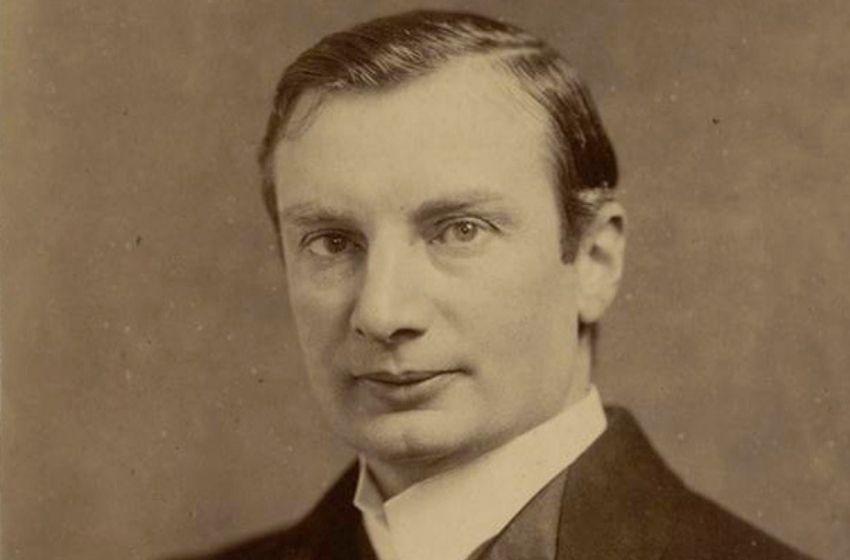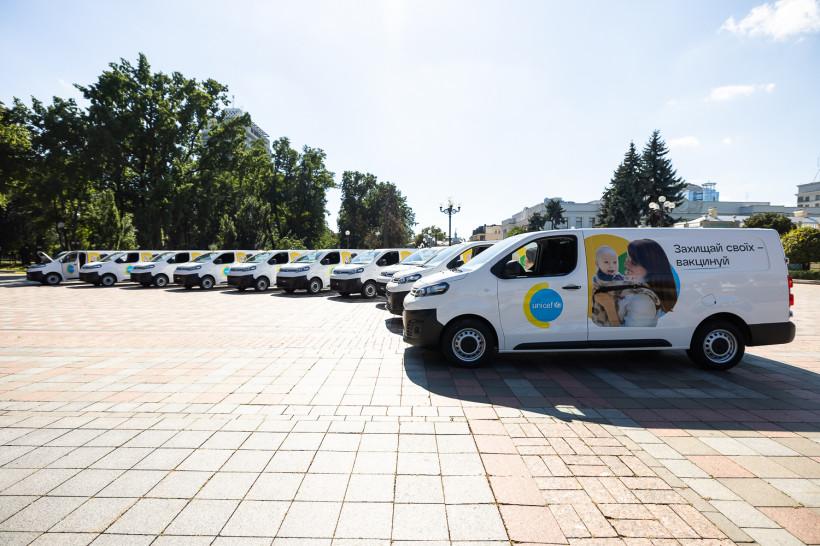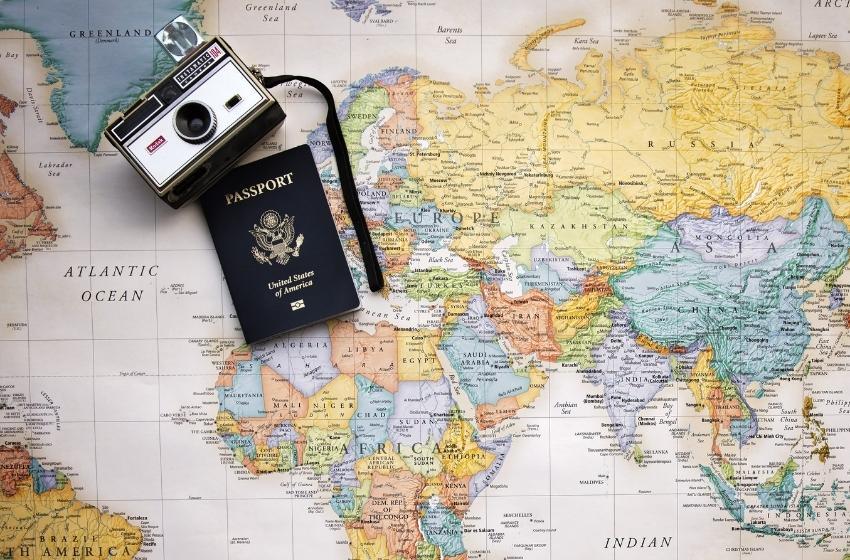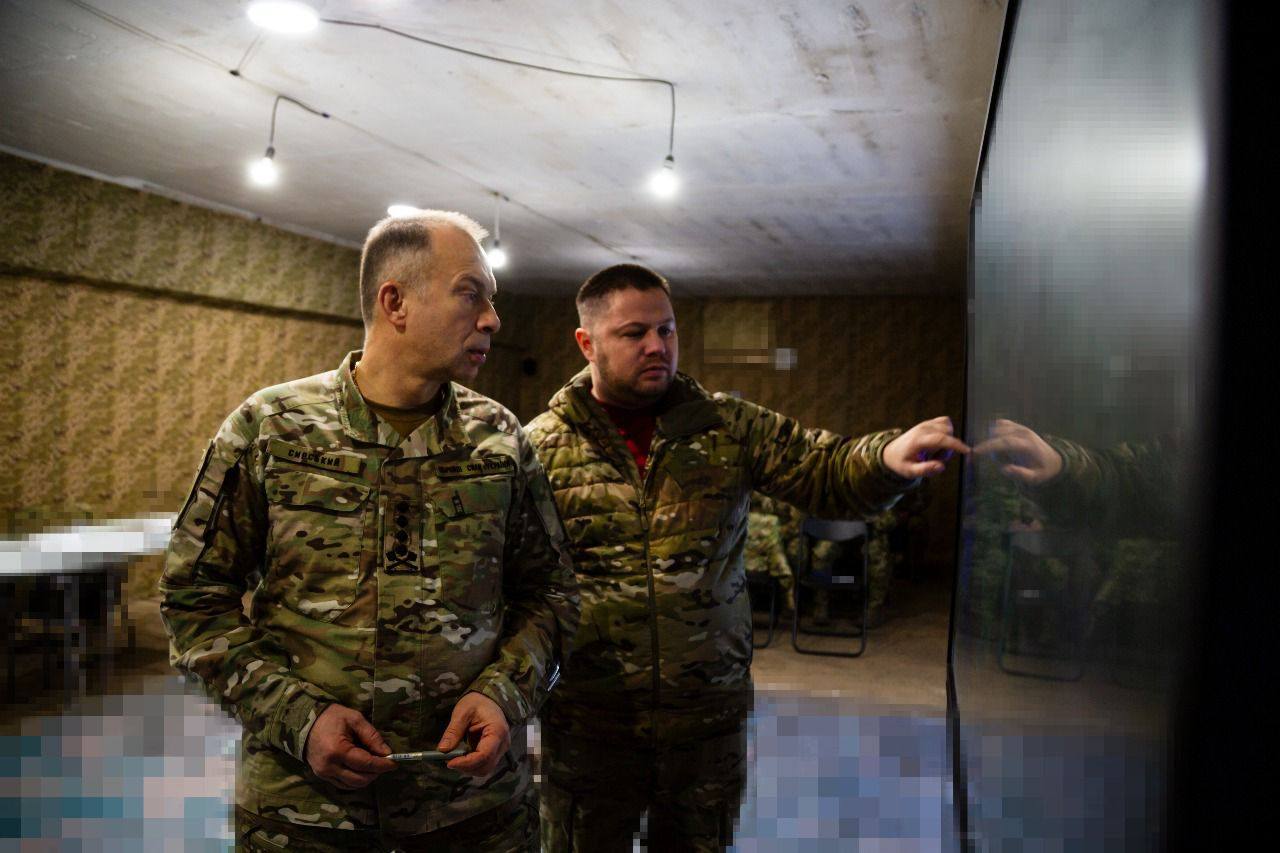In the history of medicine, there is a superhero who was able to overcome the scourge of humanity: the diseases of plague and cholera. He was a Jewish modest citizen of Odessa, who invented two unique vaccines that have saved millions of people: Vladimir Khavkin.
Vladimir Aronovich was born in Odessa in a poor Jewish family on March 3, 1860. At birth, he received the name Markus-Wolf. His father Aron Khavkin was a teacher at the State Jewish School. His mother Rosalia Landsber, daughter of a Hebrew teacher at the same school.
The future saviour of mankind graduated from school in Berdyansk, and his innermost desire was to go to college. The father had no money for the education of his son. His elder brother offered to pay for his studies at the Novorossiysky University (Odessa), allocating 10 rubles a month for this. Another 20 kopecks a day Vladimir Khavkin paid the university for food.
During his student years, Khavkin was an active participant in the revolutionary organisation "Narodnaya Volya". For this reason he was expelled from the university. After the intervention of the Academic Council and personally Ilya Mechnikov, the young man was readmitted. However, Khavkin did not calm down and was again expelled. He was under police surveillance for another 8 years.
To make a living, Khavkin received private loans and was able to continue his scientific work. Due to his commitment, he received a master's degree and could deal with science.
Khavkin became interested in scientific research during his student years in Odessa, but as a Jew he could not conduct scientific research in the laboratories of the Russian Empire. To rectify the situation, he was offered to convert to Orthodoxy, but Vladimir flatly refused.
In 1881, Khavkin left for Switzerland, following his teacher Ilya Mechnikov, receiving the post of assistant professor at the University of Lausanne. In 1889, on the recommendation of Mechnikov, he became an employee of the Pasteur Institute in Paris.
The position was modest, an assistant librarian, but with free access to the laboratory, where he could sit over flasks until late at night. There were experiments on hundreds of laboratory animals, trials, mistakes. Finally, in 1892, the microbiologist announced that he had created the first effective vaccine against cholera. Later, on the same principle, he invented the anti-plague serum.
He tested it on himself. First he injected the vaccine itself, then injected himself with a drug of cholera pathogens, which were neutralized within a day.
Despite the recommendations of Louis Pasteur, European scientists banned the use of the Khavkin's vaccine. But the British authorities realised what a colossal significance the discovery of Khavkin had on a global scale. Therefore, they allowed the doctor to test the vaccine in their main colony, India, a country that at the end of the nineteenth century was severely affected by cholera.

Then, together with assistants, four Indian doctors, he went to the village of Cattal-Bagan near Calcutta, where the disease broke out. The peasants in this village did not want to hear about any vaccinations and were very belligerent towards strangers. From the crowd of villagers who gathered to gawk at the doctors, threats were first heard, and then stones were thrown. Indian doctors wanted to take Khavkin away, fearing reprisals, but he suddenly took off his jacket, lifted his shirt and injected himself with the vaccine in his right side. This impressed the peasants. As a result, more than half of the inhabitants of the village agreed to be vaccinated, and none of them subsequently suffered from cholera.
Continuing to work in India, Khavkin created a plague vaccine, which he also tested on himself. In 1896, a plague epidemic struck Bombay, the second largest city in India. Khavkin suggested using the serum he invented, but both his mentors, the immunologist Ilya Mechnikov and Louis Pasteur doubted it. But the result was incredible: 93% protection. In the end, this vaccine helped to stop a large outbreak of plague in India.
In India, the scientist was given the title of "mahatma", which means "father of the nation". For this, the Bombay Bacteriological Institute, the largest center for the study of plague and cholera in Southeast Asia, was named in his honour.
Until 1904, Khavkin lived and worked in India, doing science and vaccinating the population of this country. After returning to Great Britain, a reception was held in honour of Khavkin, and Queen Victoria awarded Khavkin with the Order of the Knight of the Indian Empire.
In 1915, the ascetic bacteriologist worked in the British Ministry of War, where he supervised the vaccinations of British soldiers sent to the fronts of the First World War.
After the war he returned to Europe, he lived for some time in France, in 1928 he moved to Switzerland. There, in the town of Lausanne, two years later, he died of heart disease, at the age of 70. The scientist never returned to his Odessa.
This is the most unknown person, the great philanthropist, who is applauded by the whole of Europe, but at home he is unknown to anyone.
Anton Chekhov
A grove of memory of a microbiologist was planted in Israel, and in the city of his childhood, Berdyansk, there is only a small museum at the sanitary and epidemiological station.






















